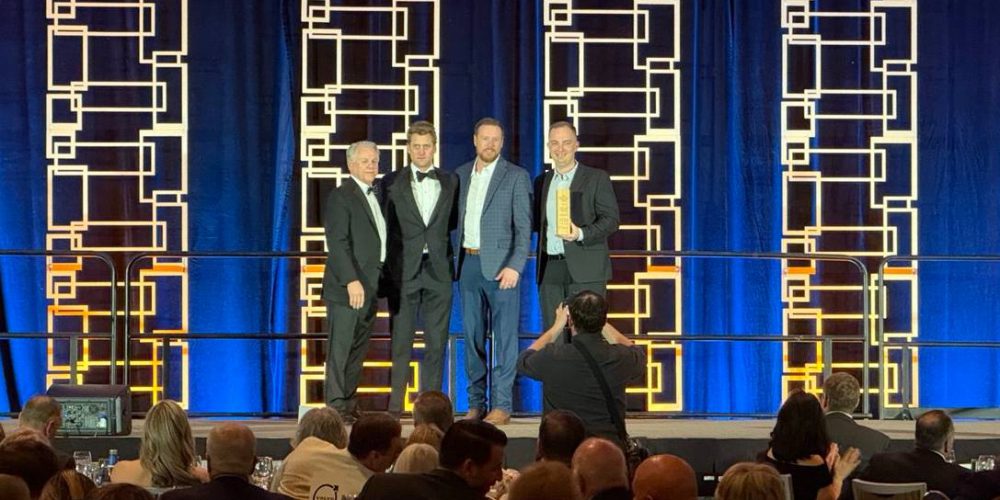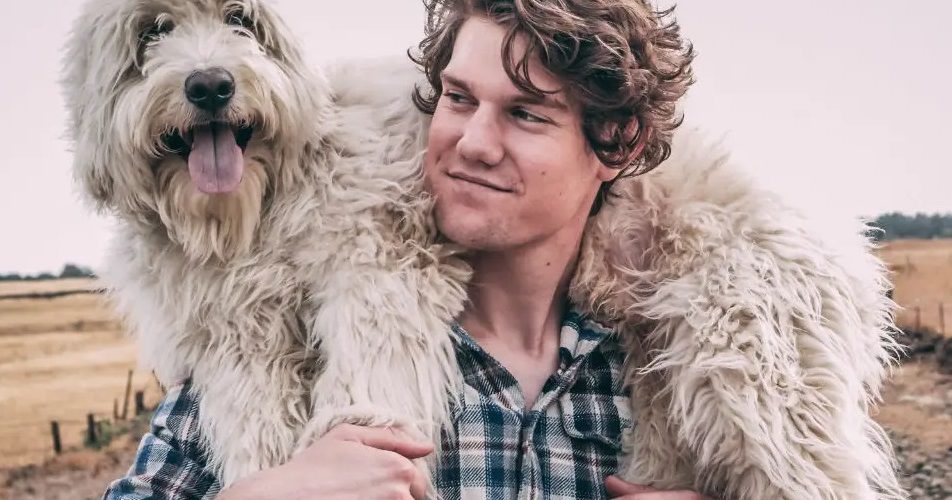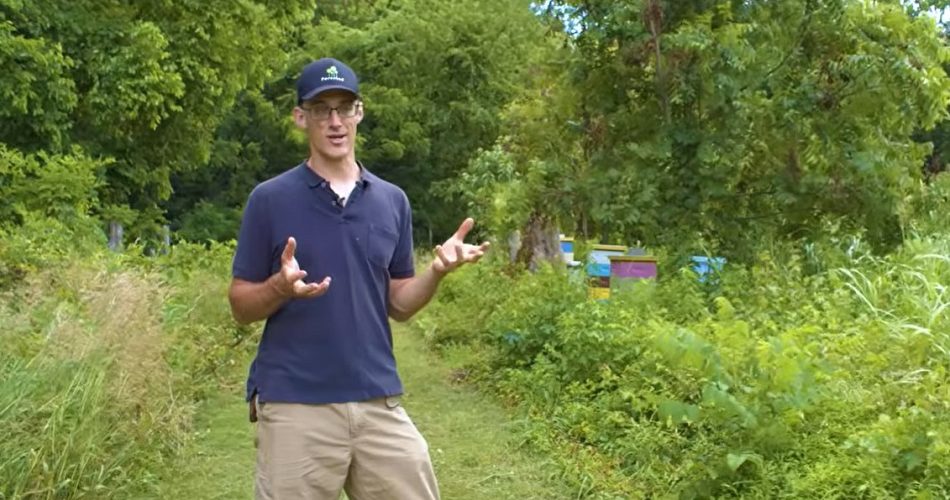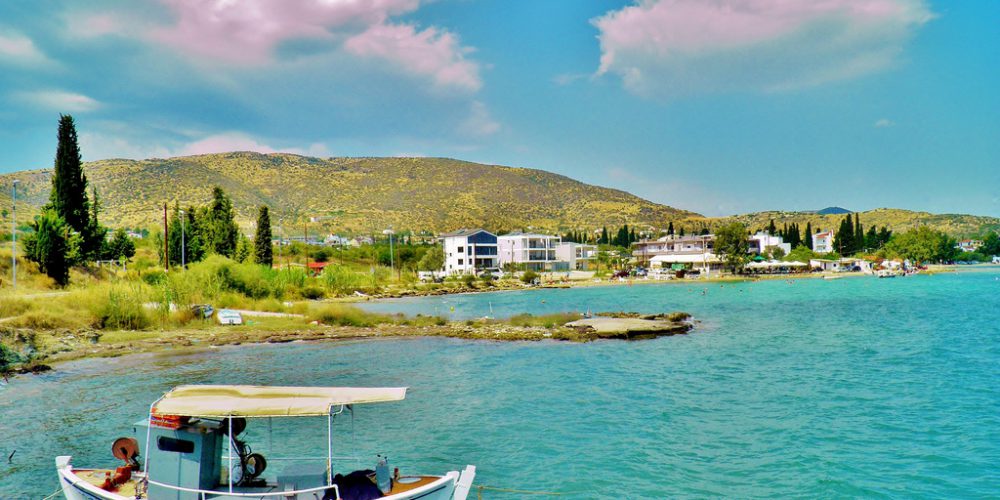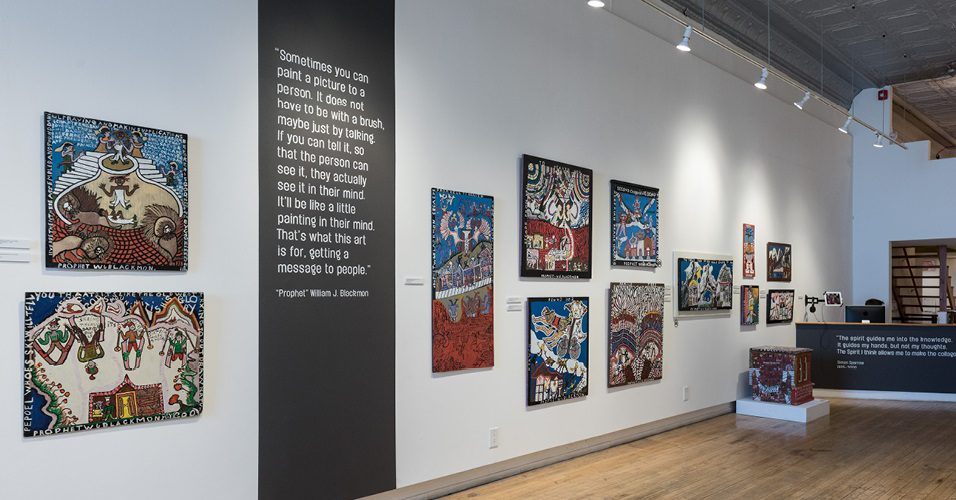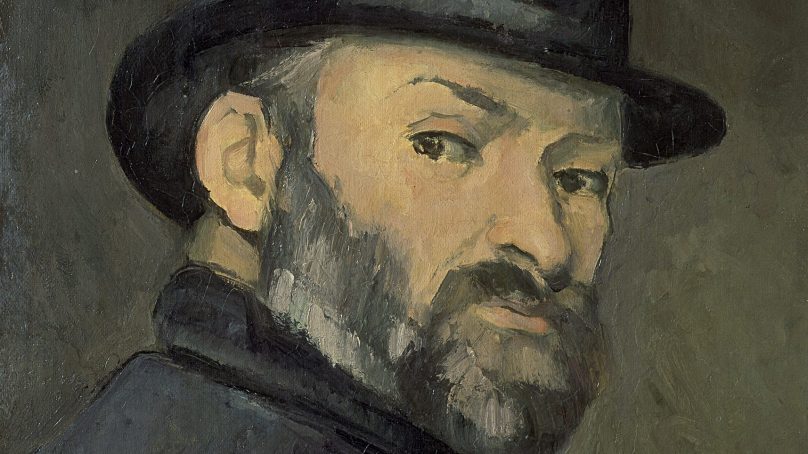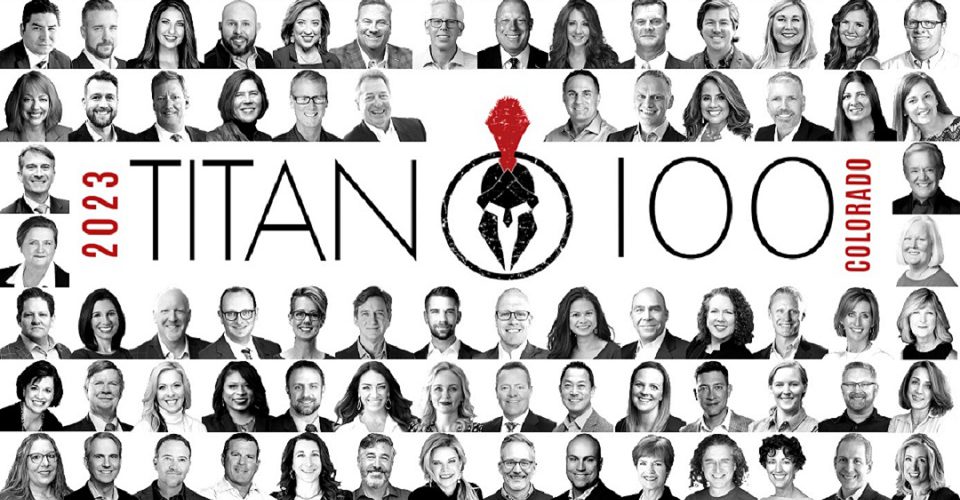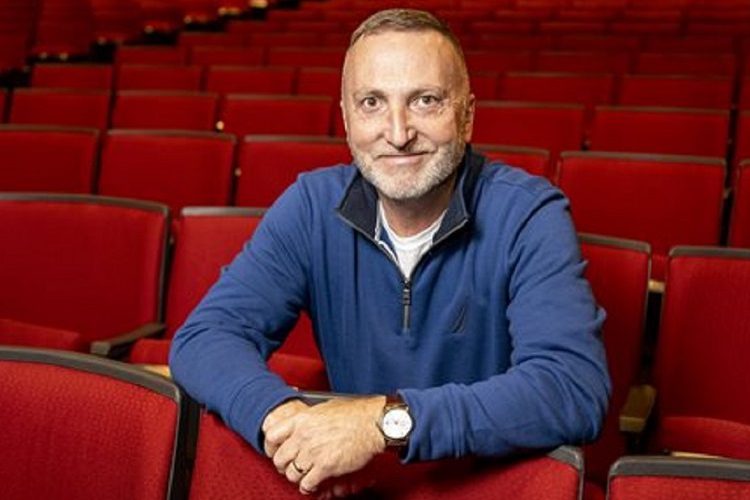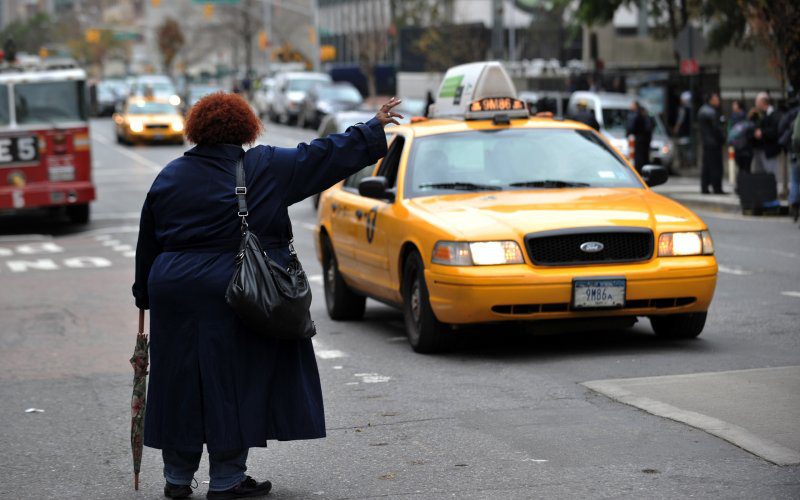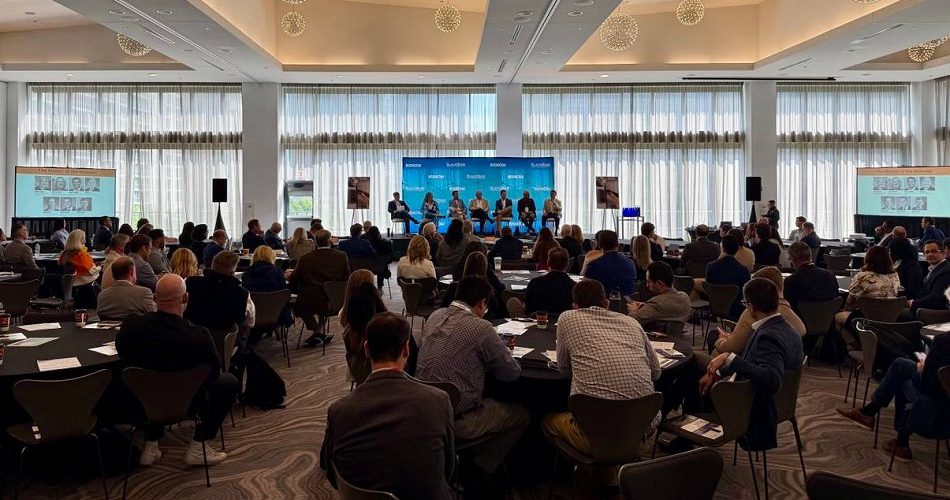The 2022 Red Nation International Film Festival represents the best in Native filmmaking

The 2022 Red Nation International Film Festival (RNIFF) takes place from November 1-30. It is held during American Indian Heritage Month and includes in-person and virtual screenings plus events.
This year’s 27th Red Nation International Film Festival features new films from the world’s leading Native and Indigenous filmmakers. Its rich program includes full-length and short films, documentaries and animated films.
Features
Among the films presented at the festival is Bootlegger, already well-known in the USA and abroad.
“Bootlegger is a social drama, but it is also an ode to the vitality and resilience of the Algonquin people. This story is common to any poor and marginalized communities. The topics in Bootlegger are thus universal and serve as springboards to explore the fear of losing control, the hope of a better world for future generations, and the quest for identity”, says Caroline Monnet, award-winning filmmaker and multidisciplinary artist.
The main heroine of Caroline Monnet’s Bootlegger is Mani (Devery Jacobs), a 20-something First Nations woman and aspiring lawyer who returns to her small community after many years spent in the city studying.

Mani finds a community ravaged by alcohol even though the sale of alcohol is theoretically forbidden in the remote community. All signs point to Laura (Pascale Bussières), a white woman who runs a corner store in town and runs a booze racket with the protection of her First Nations partner Raymond (Jacques Newashish).

Raymond still holds Mani accountable for a shared tragedy in their past. Mani takes it upon herself to try and change things by holding a referendum about the legalization of alcohol sales, presenting it with the idea that if people are going to drink anyway, profits should be spread throughout the community.
In Bootlegger, the two radically opposed women divide the community into two sides who face each other to determine the best path to independence.
On Sacred Ground
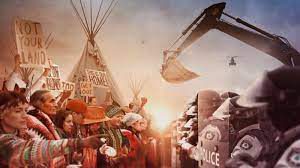
On Sacred Ground, inspired by real events, arouses undoubted interest among the audience.
Daniel (Mapother), a journalist and Afghanistan War military veteran, and Elliot (Arquette), an oil company executive, find themselves on opposite sides of the fight during the 2016 construction of the contentious Dakota Access Pipeline. The Pipeline runs through the Standing Rock Indian Reservation in North Dakota, the land owned by the Lakota “Sioux” Tribe. As the story unfolds, Daniel starts to align himself more with the Standing Rock Sioux Tribe than the oil company he was hired to write about favorably. He is forced to make a series of impossible choices that will alter his life and the future of America itself.
The two characters go down separate paths as the events unfold during one of the most heated protests and confrontation with Native American tribes in modern U.S. history.
Documentaries and short films are diverse in subject matter and content
Below are just a few of these films.
Saging the World
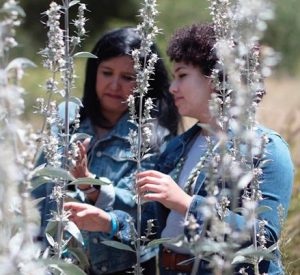
This short documentary premiered at the Los Angeles Festival has gone mainstream.
White sage (Salvia apiana) is the key ingredient in the now ubiquitous sage bundles. This ecologically vital and culturally sacred plant only occurs in southern California and northern Baja California, Mexico. Indigenous communities have tended a relationship with white sage for thousands of generations. Today, poachers are stealing metric tons of this plant from the wild to supply international demand. Saging the World spotlights the ecological and cultural issues intertwined with white sage, centering the voices of Native advocates who have long protected and cherished this plant.
The documentary was produced by Rose Ramirez, Deborah Small, and the California Native Plant Society to foster awareness and inspire action for white sage.
Pomo Land Back: A Prayer From the Forest
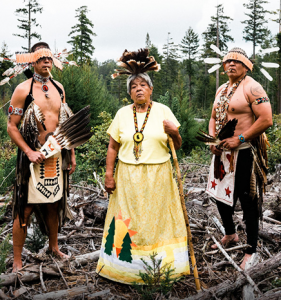
Created in collaboration with the Coyote Valley Band of Pomo Indians, Pomo Land Back: A Prayer from the Forest aims to honor the vital movement towards indigenous-led stewardship and rematriation of California forest lands. The film is a visceral, poetic document of an alliance-building, inter-tribal gathering in February 2022, led by the Coyote Valley Band of Pomo Indians, calling for protection and co-management of the 48,652 acre Jackson Demonstration State Forest.
Brother Rick.
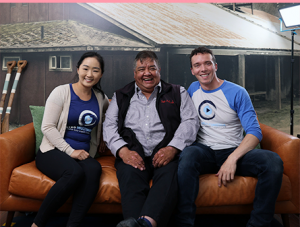
Brother Rick, a US documentary Premiere, is about how a member of the Quw’utsun First Nation is bringing people of different backgrounds and generations together as brothers and sisters.
Kumu Niu
The island of O’ahu is covered with coconut palms, but for fear of liability the vast majority of these sacred trees have been stripped of coconuts. The grassroots movement “Niu Now” is on a mission to restore the “niu,” or coconut, as a fundamental food crop in Hawai’i and spread the Indigenous wisdom of “aloha ‘āina:” loving land and serving people.
Almost Ancestors
This short film, a World Premiere, tells the story of a young Hopi woman facing displacement in a changing landscape, threatening her connection to the land and her family. However, her kinship with a Lobo and her call toward community guide her on an incredible journey to a sacred place called “home.”
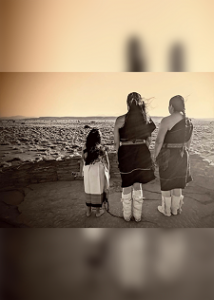
The film is about her journey, the displacement of Tribal people and Lobos, and the parallels between the two.
Almost Ancestors is in the Hopi language, with English and Spanish subtitles. It is filmed in Arizona, where a Hopi cultural advisor on set will ensure the cultural accuracy of the story. The idea behind the film is to use the power of motion pictures to educate viewers on the displacement of Lobos and indigenous cultures and inspire them to help alter the ramifications of history.
Without Water
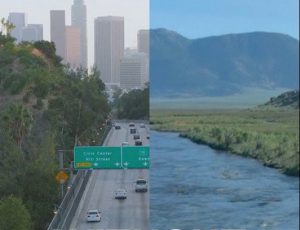
Without Water is a premiere of the Los Angeles Film Festival. It documents the ongoing dispute between the Los Angeles Department of Water & Power (LADWP) and various stakeholders in Long Valley, California.
Filmed by acclaimed director Jonathan Hyla and narrated by actor David Chokachi, Without Water dives into LAWDP’s plan to reduce or eliminate irrigation allotments on leased lands in the Eastern Sierra’s Long and Little Round Valleys. Now under pressure from climate change and the ever-growing needs of Los Angeles county, a group of ranchers, environmentalists, and indigenous tribal members are coming together to face the prospect of an uncertain future.
Excellent feedback from the audience testifies to the fact that the films of the festival represent the best in Native filmmaking.
“Native Veterans have served for centuries, even before they were recognized as U.S. citizens. We give thanks to our relatives and ancestors who volunteered and literally fought for our civil rights”, says Joanelle Romero, American actress, filmmaker, founder/CEO/president of Red Nation Television Network and Red Nation International Film Festival.
By Alex Arlander, Gilbert Castro | ENC News





